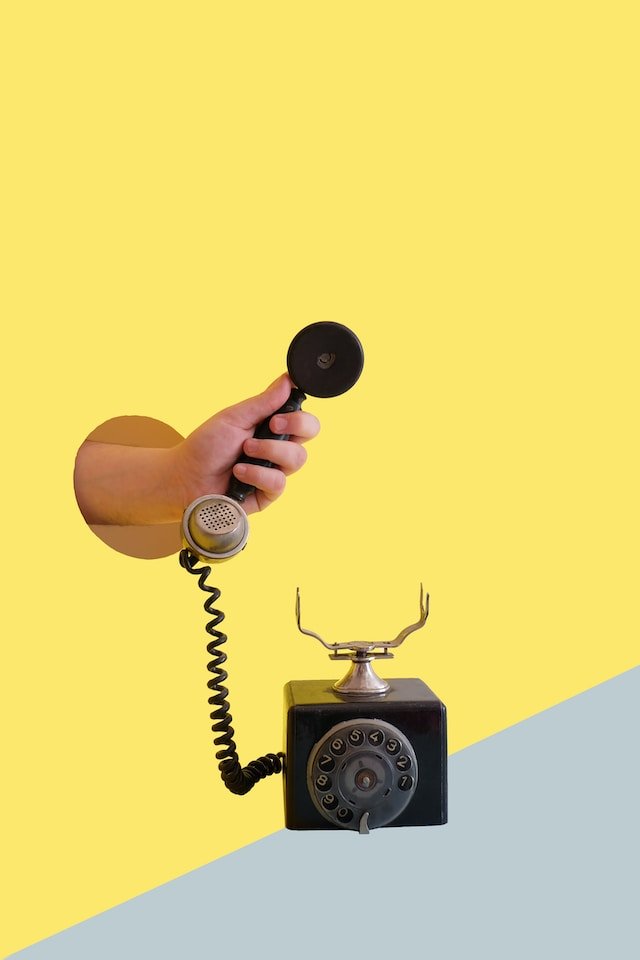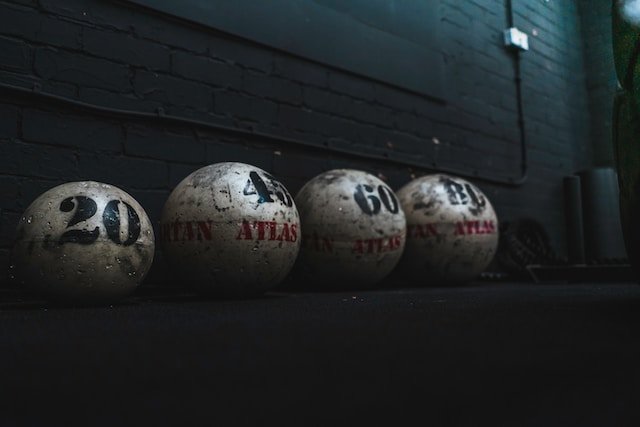London-born, Doncaster resident Nick Goldstein talks to us about his love of Coronation Street, which celebrates it’s 60th anniversary this year.
Time is relative, but 60 years is a long time by most accounts. 60 years is 21900 days, which is 525600 hours or 31536000 minutes. I don’t even want to think about how many seconds that adds up to. So,let’s just say “a lot of seconds”. 60 winters, 60 springs, 60 summers and 60 Autumns! However you cut it, 60 years is a LONG time.
So, it’s no small thing Coronation street celebrated it’s 60th anniversary of being on air this year after debuting on our screens on 9th December 1960. To put that in context, 1960 was the year Harold MacMillan was prime minister. Chubby Checker was doing “the twist” and president Eisenhower was considering sending American forces to a far away land he probably couldn’t find on the map, called Vietnam.
Just about the only constant in the intervening years is Coronation street (simply Corrie from here on in as the show has been lovingly labelled). Two or three times a week Corrie has been proving an escape from the grim realities of life. There have been over 10,225 episodes of much needed escapism since then, which by my count works out at about 213 solid days of solid Corrie – I should have watched them all back to back in lockdown, like some sort of northern, Warhol mega movie.
Television was a cut throat business in 1960 when a young Tony Warren walked into a meeting with Grenada television executives to pitch something “a little different” and television is still a cut throat business today. So, it’s amazing any programme has lasted the length of time Corrie has. One thing is sure; there is only this quantity of Corrie produced because of it’s quality. Corrie’s form might be of a humble soap opera, but its secret of success and consequent longevity lies in its script and acting which are beautifully done. If Dickens were a live today, I genuinely believe, he’d be writing Corrie. Characters down the years from Edna Sharples to David Platt have been carefully drawn and developed into three dimensional depictions that you don’t have to suspend disbelief for because we all know people like the characters in Corrie.
Over time, the street has become it’s own, very realistic alternative universe. Events become multi-layered with added meaning coming from it’s lengthy past. Characters leave. Some come back, but even those who do disappear are used to add plausibility to story lines. It’s a beautiful cobweb of intersections that is only possible with detailed, long term plotlines. Plot has sadly fallen out of vogue in modern literature, but it’s the plot, and structure it brings, that makes drama plausible. The best “plot constructor ” out there was John Le Carre and I’m sure he’d have appreciated the work that has gone into the long term planning of Corrie.
Characters as good as Dickens and plots as good as Le Carre are why Corrie has been around so long and is so loved.
Corrie wasn’t the first soap; that honour goes to a long lost programme known as “The Grove family” which quickly flickered across black and white televisions across the nation 6 years before Corrie in 1954, till people realised it was rubbish and axed it.
I must admit it wasn’t just the quality of Corrie that drew me to wanting to celebrate it’s 60th anniversary this year; it’s also because I’m from the north and I’ve watched Corrie for decades. I’ve appreciated it most in hard times when it enabled an escape from the grim reality of life – I’d probably have ended up at Oxbridge rather than Leeds uni if I had spent prep working rather than watching Corrie and again years later whilst briefly living in the south it reminded me of home and earned a place in my heart.
Corrie has always been a NORTHERN soap. It’s early episodes are possibly the first honest examples of northern speech, accent and mentality to find their way onto television. Corrie was also the first show to honestly portray the working class, working women and northern culture. Any one of these “firsts” would be an achievement, but to achieve them all is unique.
Corrie has become a cultural institution watched around the world. I have fond memories of watching an old episode dubbed into Spanish whilst staying in a remote hotel in Yucatan, a magically surreal experience .
I’d like to think even the father of the BBC and British television, Lord Reith, would have approved. Reith believed television was a tool for improving society, a mean’s to educate and inform as much as entertain. Reith would have appreciated the quality of Corrie and seen it as worthwhile television which he was convinced could become an art form in it’s own right. I’d suggest Corrie, in the intervening years, has proved him right.
So, Corrie was and is a top class production that provides a safe port of call to escape to when life is hard and life is VERY hard right now.
In an age where the ties that bind society are breaking there is little that unites us. Corrie has become an essential water cooler programme. Something that we can talk to each other about. It’s characters are like people we know and what happens to them happens to us. It’s something we identify with. Coronation street is a sanctuary; it’s home.
Hello it’s Doncopolitan!
Doncopolitan is currently being funded by Arts Council England Emergency Covid-19 fund, which is enabling us to develop our print magazine and festival into an online format and pay local artists and writers to feature on our site. We want to continue to develop this once the funding has ended. We want to create paid opportunities for artists to write and create on their own terms. We are reaching out to you as a regular reader to ask if you could become a patron of our work. Becoming a Patreon is really simple; you can pay as little as £3 per month which will allow us to continue to be an independent voice for our town.
Find out more about becoming a Patreon here.
- 1 May 2021
- Culture
- doncopolitanadmin







